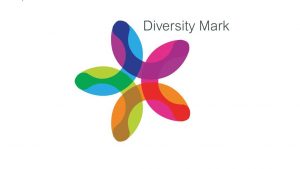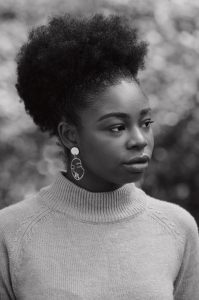Are you a teaching academic? Are you interested in Inclusive Curriculum? Are you interested in Decolonising Your Reading Lists? Have you thought about the need to Diversify the Academy but not sure where to start? Have you thought about none of the above? Then this is the event for you!
The University of Kent will Launch Diversity Mark Award via Zoom Live on 24 November 2020 Tuesday 2.30pm – 5pm.
The award-winning work of Diversity Mark involves a team of cross-departmental colleagues from the Library, Student Success, Academic colleagues, Kent Union and collaboration of Student Ambassadors working to encourage reflection on the demographic makeup of reading lists, and stimulate conversations on how you can diversify reading lists that represent a more universal collection of knowledge. Having run various pilots across the university we would now like to formally launch the award and invite colleagues from across the campus to join us in thinking about Where do you start? How to listen and work with students and how to have meaningful conversations about the data? At the event you will hear from Student Ambassadors, library practitioners and external experts.
We are delighted to announce that we will be joined by guest speaker Fope Olaleye is a facilitator who works with global organisations and charities to design inclusive workplaces and their thoughts and writing has been featured in The Guardian, Independent, and the BBC, amongst others.
We are also extremely lucky to be hearing from Dr Karen Schucan Bird and Lesley Pitman from UCL about their research “How diverse is your reading list? Exploring issues of representation and decolonisation in the UK” which investigates the possibilities and problems of reviewing the diversity of your reading list.
Attendees can register for free on Eventbrite, and the online event link will then be sent by email. If you are a member of staff with a keen interest in dismantling inequalities, then come along! Better yet, forward the invitation to a colleague who you know has not considered this yet.
We want to have an open discussion about where decolonising the curricula is located in the context of existing racial inequalities in the UK and how the production of this work has shaped students to become change agents thereby interrupting the Western intellectual discourse of knowledge.


